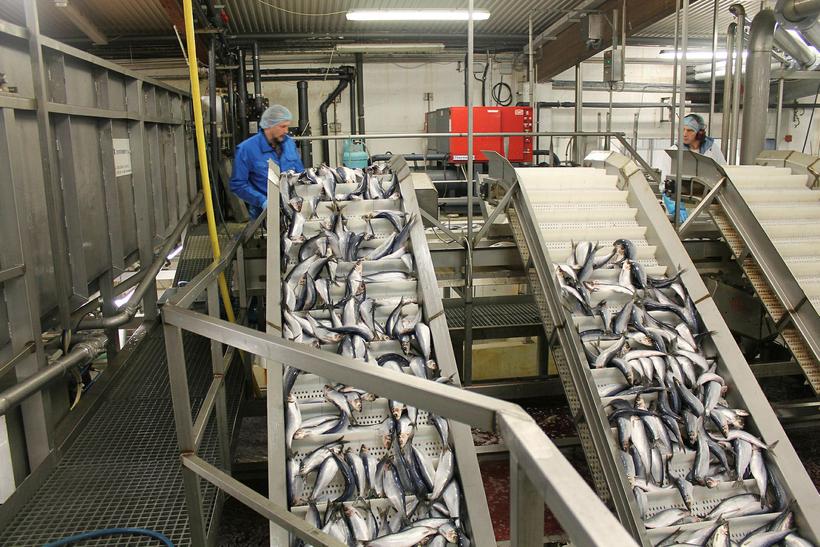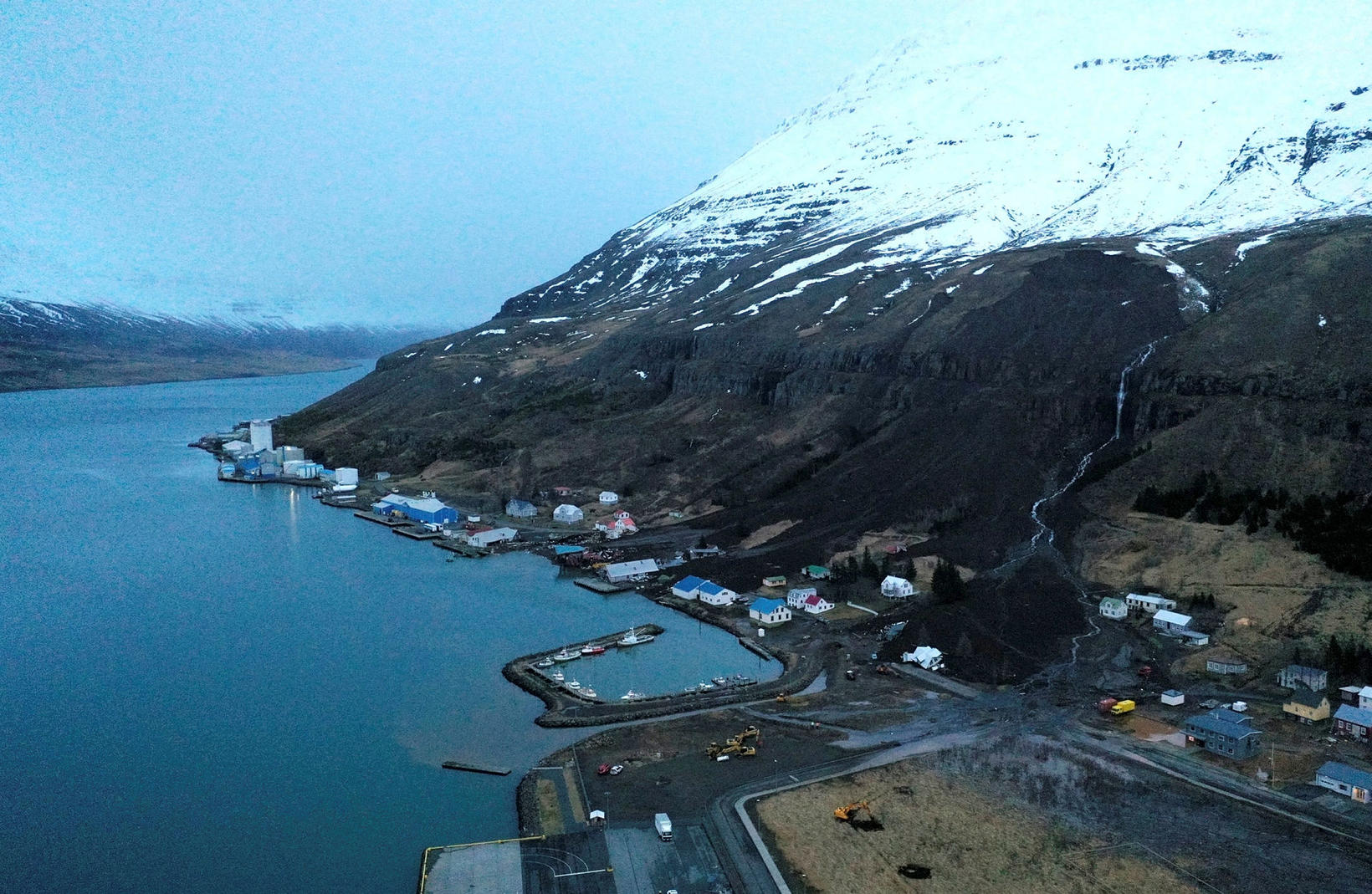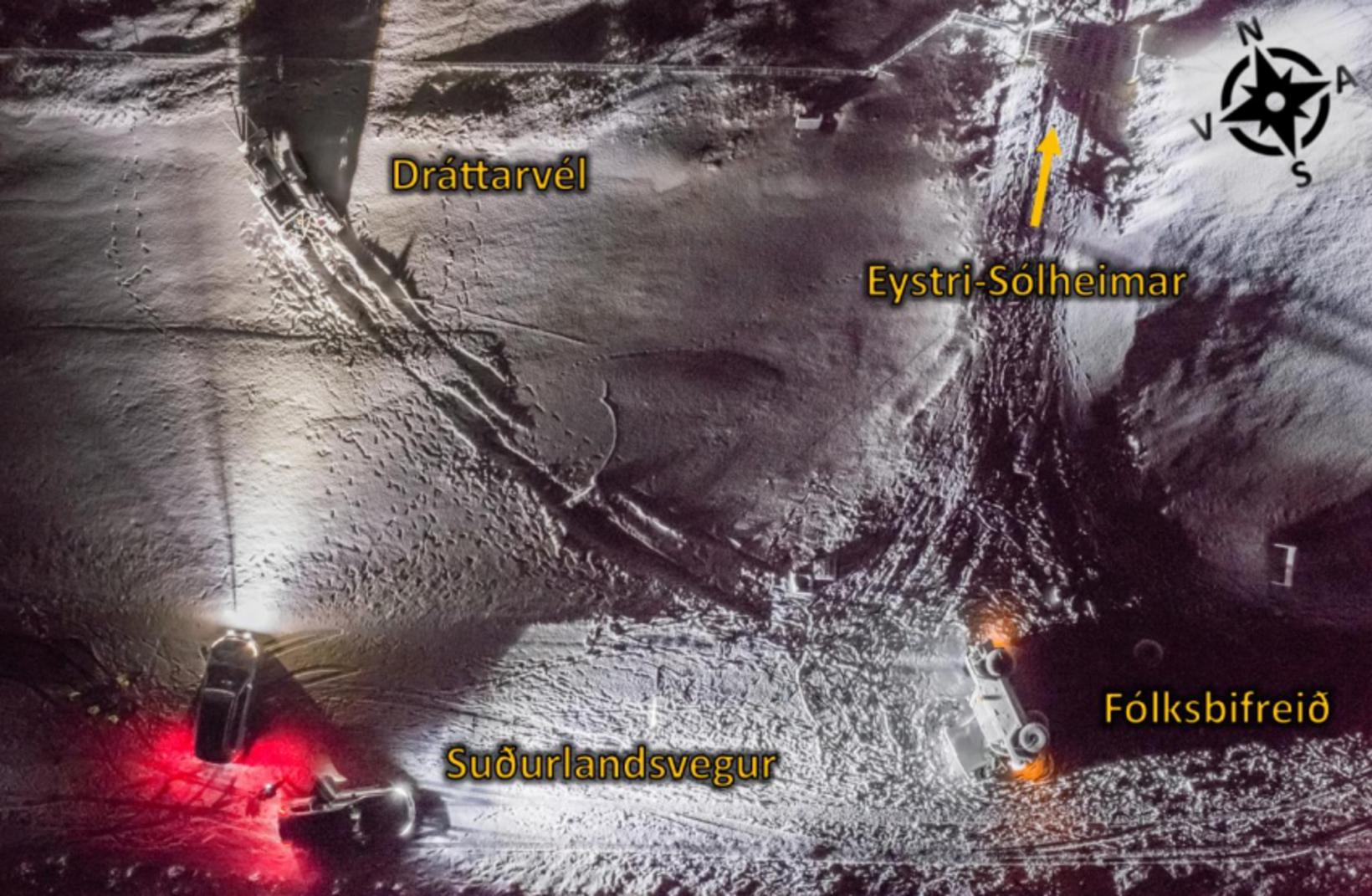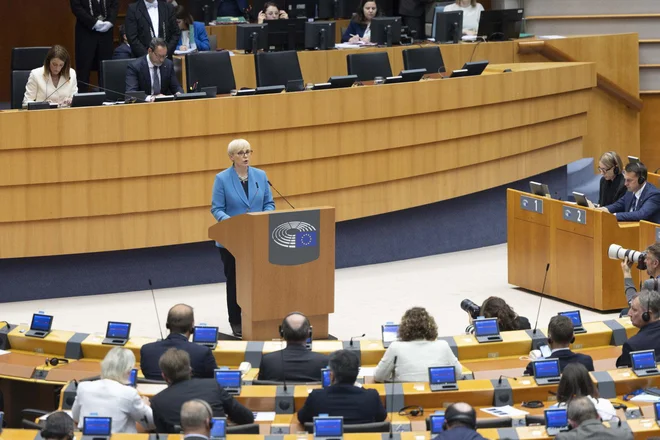Declare doubt about the assumptions of a bill

The Norwegian law firm Wikborg-Article points out in its analysis, which was prepared for the fisheries association, on numerous defects that the agency considers to be on the government’s bill on the increase in fishing fees with regard to the levy on pelagic species. Among other things, reference is made to the fact that the average price of the auction market for Norwegian-Icelandic herring, mackerel and blue whiting is precisely the average price and therefore cannot reflect the real value of the catch that ships land at any given time. In addition, there are defects in registration systems in Norway that reduce the reliability of data.
The government’s bill on fishing fees proposes that fishing fees on Norwegian-Icelandic herring, blue whiting and mackerel take into account auction prices in markets in Norway. According to the bill’s report, it would mean, based on last year’s taxation, that the fishing fee for mackerel would be 1,705% higher, 174% higher on Norwegian-Icelandic herring, but 9.5% lower on blue whiting.
In the case of cod and haddock, however, it is proposed that only the prices of domestic fish markets be based and not taken into account the internal trade of companies that operate both fishing and processing.
The system lacking
The Wikborg analysis shows that the monitoring of pelagic landings is very lacking as it is dependent on confidence in those who buy countries and those who buy. There is no formal monitoring or electronic power registration and creates the risk that catch is not properly registered.
« Characteristic of the Norwegian pelagic market is that the registration system of caught wild marine fish has been based solely on its own notifications and manual registrations of the owner or user of fishing vessels and the recipient and the buyer of the catch.
This system based on trust pays a high risk of laws and regulations not being followed, especially in connection with misconduct and misrepresentation. Although some regulatory changes have occurred in recent years, the introduction of automatic weighing and measuring systems for landing has not yet been used, ”says the analysis.
It is proposed that fishing fees on Norwegian-Icelandic herring, blue whiting and mackerel take into account prices in Norway.
mbl.is/líney
Number of different elements
Wikborg-sector has mapped out the factors that affect prices at any time in Norwegian auction markets that deliver different vessels different prices at any given time. The season, quality, type of ships, product types and other factors are pointed out. The agency says it assumes that pelagic power that has landed in Iceland will also be affected by these effects just as Norwegian power in the same species.
« Since there is some noticeable difference between the Norwegian pelagic market and the Icelandic pelagic market, it can be argued that the average price per month from Norway does not reflect prices on a certain day or a certain delivery, in certain places or certain quality in Iceland, » the analysis says.
« As we understand the change, it means that the Icelandic authorities, using Norwegian prices, are trying to find a general system to analyze the basis of the proposed taxation. the basis of taxation for individual taxpayers. «
Wikborg also also points out that despite the bill, the intention is to target prices at the exchange rate of the Norwegian króna according to the currency basket (SDR) involves a currency risk that creates increased uncertainty about the real basis of the taxation. « It can be asked whether it is right and necessary to build such additional pace forecasts that can have unforeseen consequences. »
Calls for an independent audit
The fisheries associations issued a statement in the days, which reported that the organization had sent comments to the Ministry of Employment on the proposed changes in fishing fees. The association’s comments followed the analysis of Jakobsson Capital, KPMG and Wikborg.
Svanur Guðmundsson, which operates the analysis company Bláa Economy ehf., Believes the analyzes call for the cancellation of the implementation of the changes and a comprehensive legislative audit will be taken on the conformity of the bill with the Constitution and the OECD guidance. At the same time, it is necessary to conduct an independent audit on the assumptions of the Ministry’s calculations, for example with the National Audit Office.
This is stated by Svanur in a statement he has published on the company’s website.
Log in to read forward
Access to this full -length news requires a subscription.
To read it, you need to log in.
Don’t you have user access? Go to the registration.
Get a subscription to read on
You are in regulated that … But do not subscribe.
Access to this full -length article requires a subscription to Morgunblaðið, electronic access such as a weekly pass or a special subscription to the relevant content category on mbl.is.








